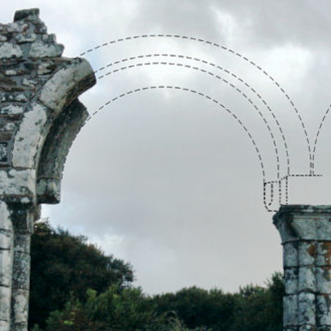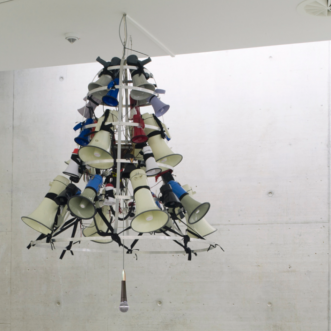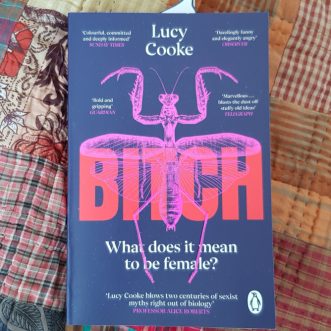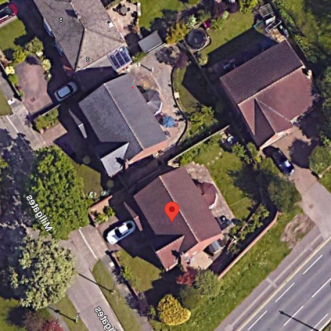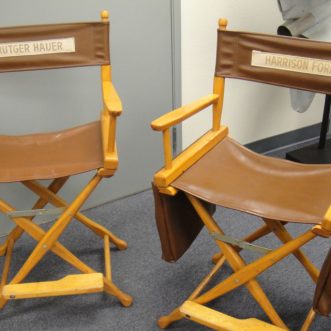
Adjusting the system 1 – Props
Once you’ve assessed the potential consequences of what you’re seeing in feedback, and decided what to do about it, you can start acting to adapt your system.
One of the simplest adaptations can be to add, remove, repurpose or refine a Prop – a thing a team member needs to play a Role.
It might be as simple as adding a new set of teaspoons to your kitchen area; adding a footrest to a workstation or replacing computers and laptops.
Props aren’t just physical either. You might refine an online form you use to capture information or upgrade software, or replace that software with something new, that supports your Customer Experience Score better, or more cheaply.
And like any good theatre, or film production company, you’ll recycle and re-purpose Props – that old computer may no longer cope with the demands made on it, but perhaps it can become a backup location for important data, or perform some less onerous task, or be cannibalised to contribute to a new machine.
Thinking about everything you use in your business as a Prop – there to support your people in delivering the customer experience – means you can be more considered in how you choose what to buy, and how you use it.
Remember to be considered in how you dispose of it too. You never know, your cast-offs could become essential Props for someone else.

